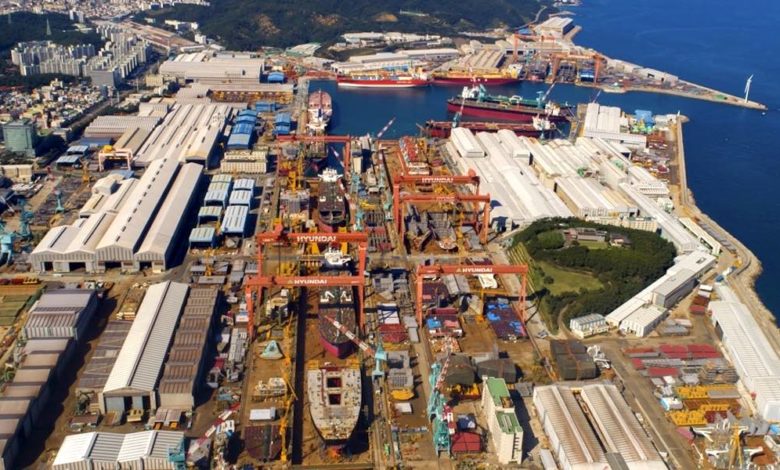Shell and Hyundai Heavy partner on pioneering fuel cell project

Korean shipyards believe fuel cells offer shipping a path to decarbonisation. Hyundai Heavy Industries has followed the lead taken by compatriot Samsung Heavy Industries in investing serious sums in fuel cell research and development, announcing today a consortium agreement to demonstrate fuel cells for ships with Shell, Doosan Fuel Cell, HyAxiom, and DNV.
According to the agreement, Hyundai Heavy Industries will use a 600 KW high-efficiency solid oxide fuel cell (SOFC) for power generation on a 174,000 cu m LNG carrier to be run by Shell from 2025, the latest in a series of pioneering green shipping initiatives Shell has signed up to.
The Shell LNG carrier will use fuel cells as an auxiliary power unit and perform its demonstration for one year on an actual trade route.
In addition to this agreement, Hyundai Heavy Industries is developing its own SOFC technologies to promote fuel cell development projects.
Karrie Trauth, senior vice president of shipping and maritime at Shell, said: “This consortium and the cutting-edge technology we’re pioneering could help deliver less carbon-intensive operations in the near term while unlocking a pathway to net-zero through the blending of conventional and alternative fuels until zero-carbon options are available at scale.”
Two years ago Bloom Energy and Samsung Heavy Industries signed a joint development agreement to design and develop fuel cell-powered ships with a senior Samsung official saying at the time his company’s goal was to replace all existing main engines and generator engines with solid oxide fuel cells.
Daewoo Shipbuilding & Marine Engineering, the other yard in Korea’s big three shipbuilding pantheon, has also been conducting significant SOFC research over the past three years.
Shell is involved in other fuel cell projects, notably one from Norway that could work for retrofits, while in South Korea there has been much interest in the maritime intentions of Hyundai Motor, one of the world’s largest automotive groups. As well as shipping, Hyundai Motor is trying to sell its fuel cell technology to rail firms and power generation companies.
Hyundai Motor is not the only automaker looking to maximise revenues from their pioneering fuel cell tech by targeting shipping. Japanese car giant Toyota has developed a fuel cell system for maritime applications, which it is now actively marketing.
